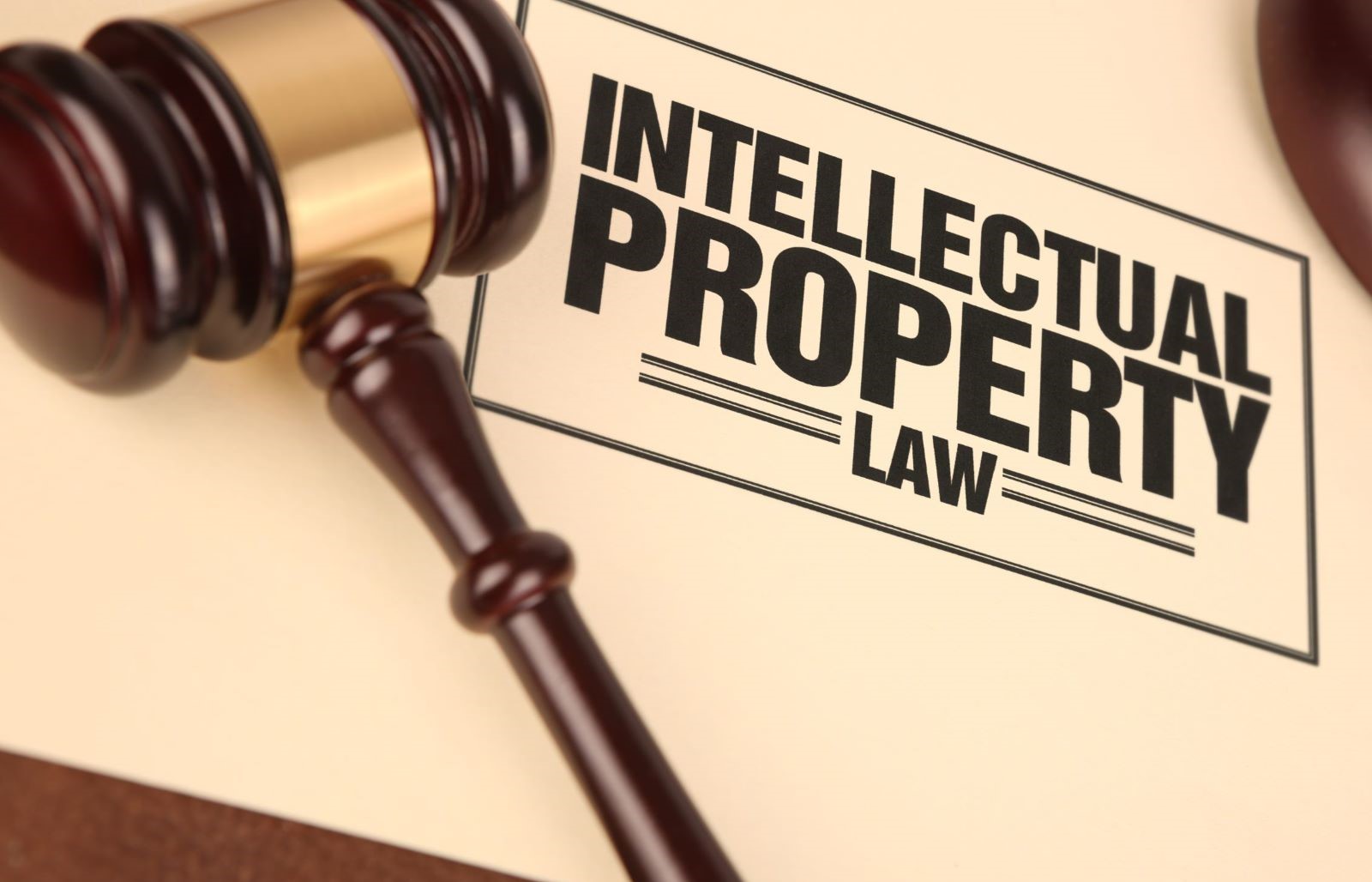Overview of Intellectual Property Laws

When discussing the trademarks, copyrights, and patents that may be needed for your business endeavors, the phrase “intellectual property” may also accompany these conversations. As you look to safeguard the brand you have built, it is critical to know how intellectual property law applies to your company. At its core, intellectual property law seeks to preserve the rights that creatives and authors have in the products they make and services they offer by protecting and enforcing how their work is circulated. Today, we will provide a brief overview of intellectual property law to get you started on your journey of establishing and protecting every facet of the business you have created.
What Is IP?
Have a question?
Our attorneys work on a variety of IP issues.
What exactly does intellectual property mean, and how can you be sure if the term is used correctly? Overall, intellectual property refers to creations such as literary and artistic works, inventions, and names, symbols, and images used in commerce that are protectable by law. This body of law includes trademark, copyright, and patent laws, which often pertain to permissions regarding the use of these creations and the rights their owners have within them. These rights allow the creators to seek recognition and financial benefits from their intellectual property, as well as maintain control over how that IP is distributed.
Main Types of Intellectual Property
While there are many different types of intellectual property, three of the major components of IP today are trademarks, copyrights, and patents.
- Trademarks are one of the largest categories of IP that businesses seek today. Utilized as names, logos, symbols, and slogans, trademarks are indicative of a business’s branding and signal the virtue of their products. They carry the reputation that the company has built with consumers into the marketplace and assure customers that the product or service they are receiving is genuine. Trademark laws are at their strongest and most enforceable when a federal registration has been obtained. Trademark registrations maintain their rights through continued use in commerce and can prevent overtly similar marks from entering the register, guarding your industry against a trademark that may infringe upon yours.
- Copyright law is a combination of national and international laws in an effort to recognize and harness the economic value in creative works. Copyrights protect original creative works such as literature, art, software, and media. While copyrights are instantaneously born at the same time a work is created, they are most effective against infringement when registered as well. Copyright registrations are key assets to creators that want to fully protect their work from a third parties’ ability to closely copy or share it without permission.
- Patents, one of the most tangible and practical types of IP, provide an inventor with exclusive rights over their invention. Patent law may also protect certain processes and designs that qualify for a patent registration. They allow the creator to capitalize off their invention during the period in which it is patented, which is typically twenty years. Registering the invention as a patent also discloses the invention to the public, which in turn promotes knowledge and growth of other new ideas.
Should I Work with an IP Lawyer?
Initially, deciding not to hire an attorney to assist with your trademark applications or copyright filings may seem appealing to your budget. However, it is important to note that the applications and paperwork associated with an intellectual property application are nuanced, technical documents full of pitfalls and legal jargon. Should a mistake be made on the initial application, you will likely receive a refusal or Office action; the required response will have fees in addition to the ones paid for the original application. Though it may seem cheaper to forego an attorney’s assistance, it is advantageous to make the investment in an experienced IP attorney from the start to avoid expensive mistakes and give you the best chance of successfully obtaining a registration.
In addition to their knowledge surrounding each type of IP and what the best fit for your business and products may be, attorneys are also capable of performing a preliminary search prior to the submission of any filings. These clearance searches will help to determine the risk surrounding your design or chosen trademark, as well as indicate whether tweaks to the original idea are necessary.
IP Laws in Practice
Through the use of intellectual property laws, creative minds are able to protect their products as well as prevent unauthorized use of them, thus facilitating an environment in which natural competition and innovation can grow. Because of this, IP plays a massive role in economic and cultural exchange around the world. For a further overview of intellectual property laws and counsel regarding the protection of your own IP, please reach out to an attorney at Gerben IP today for a free consultation.
Do you need assistance with a trademark matter?
Contact an Attorney Today